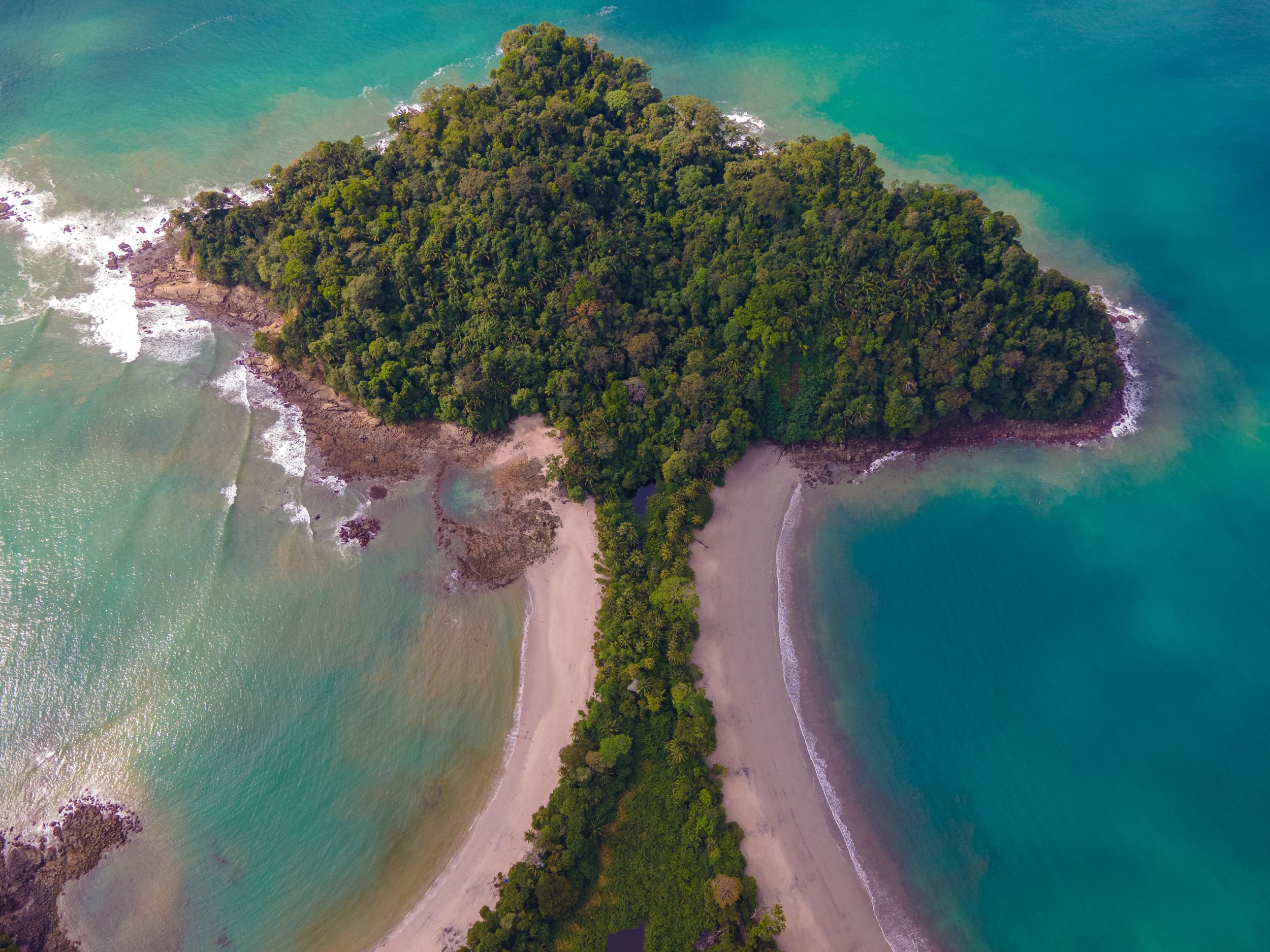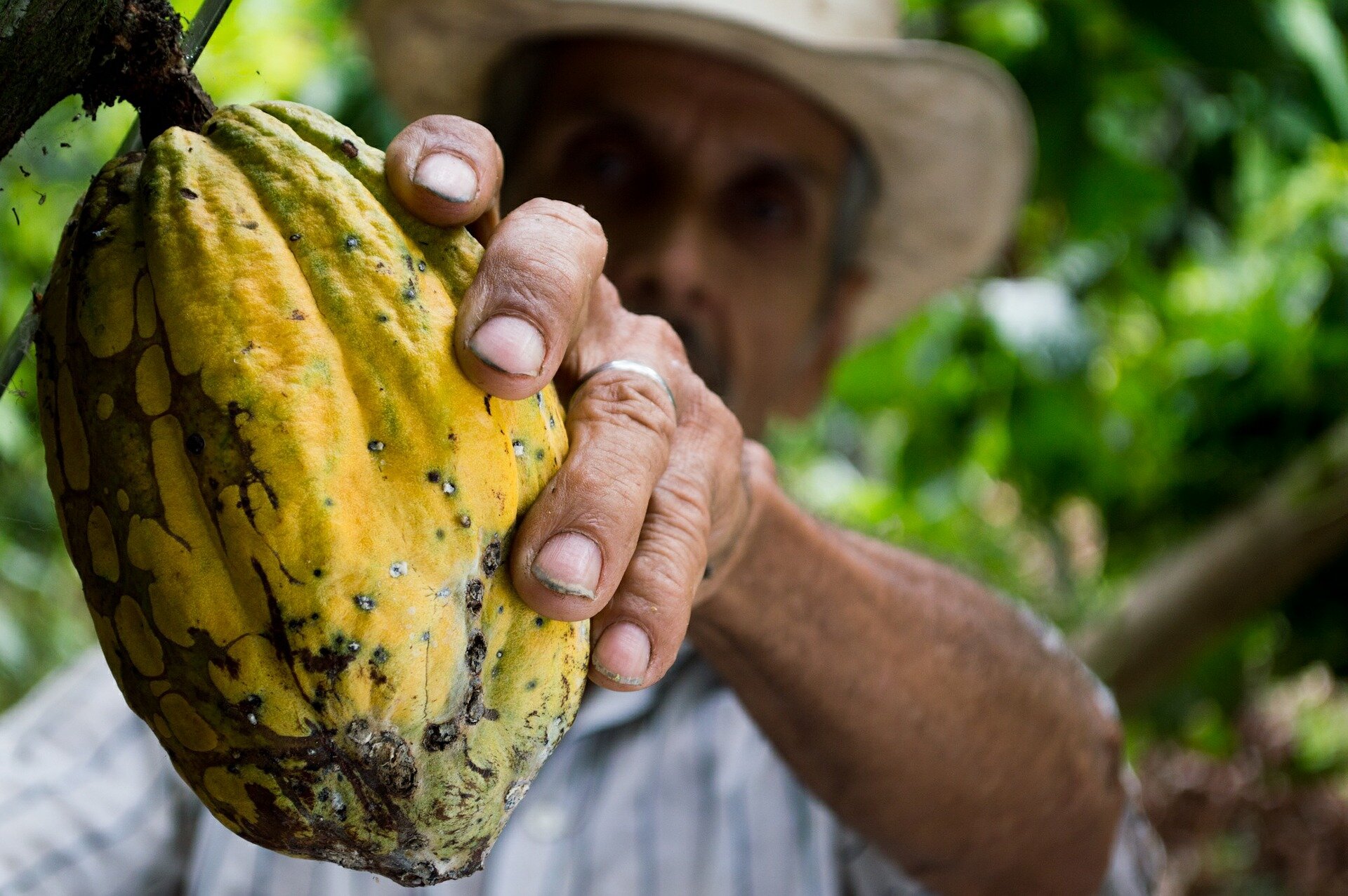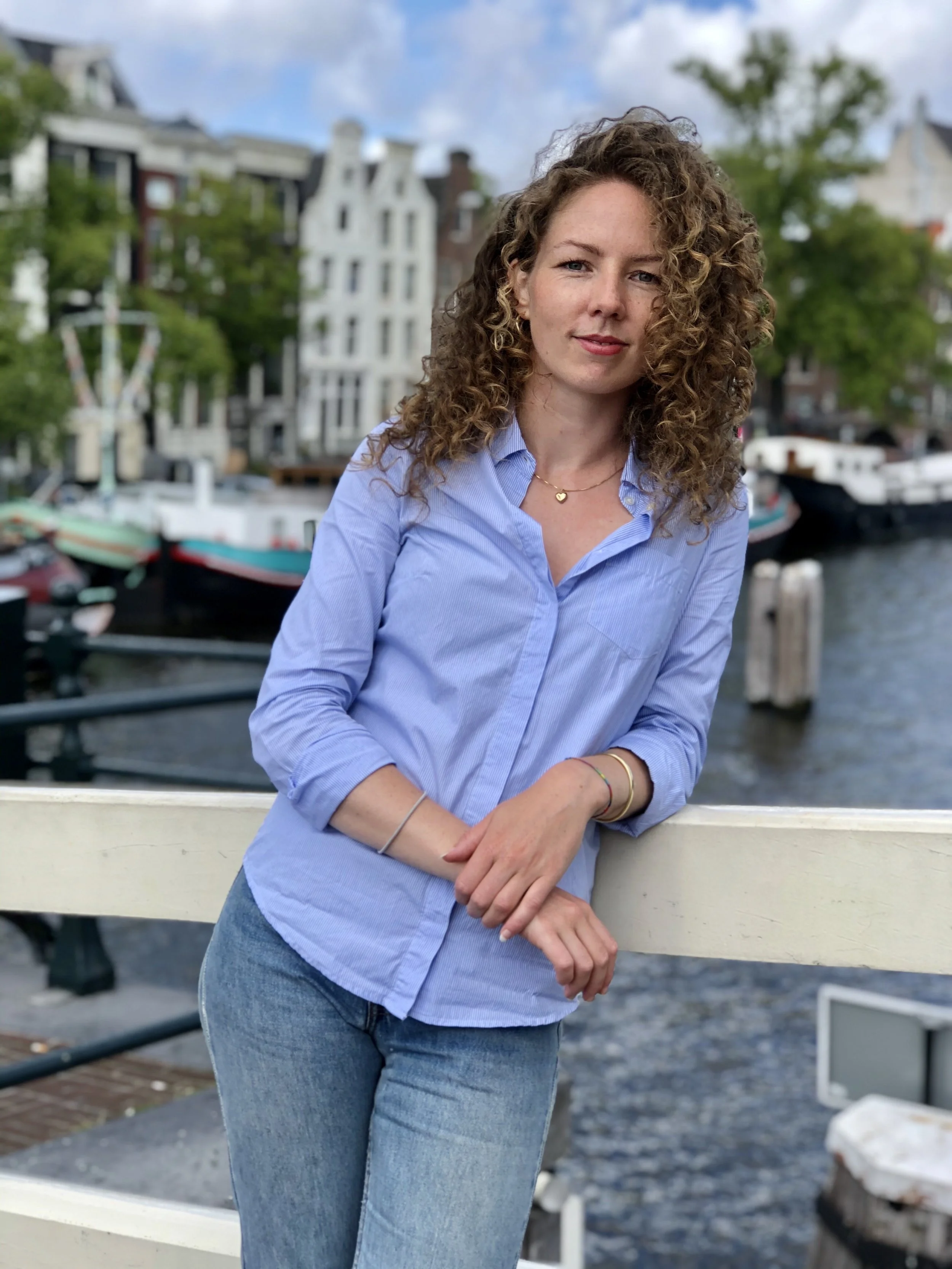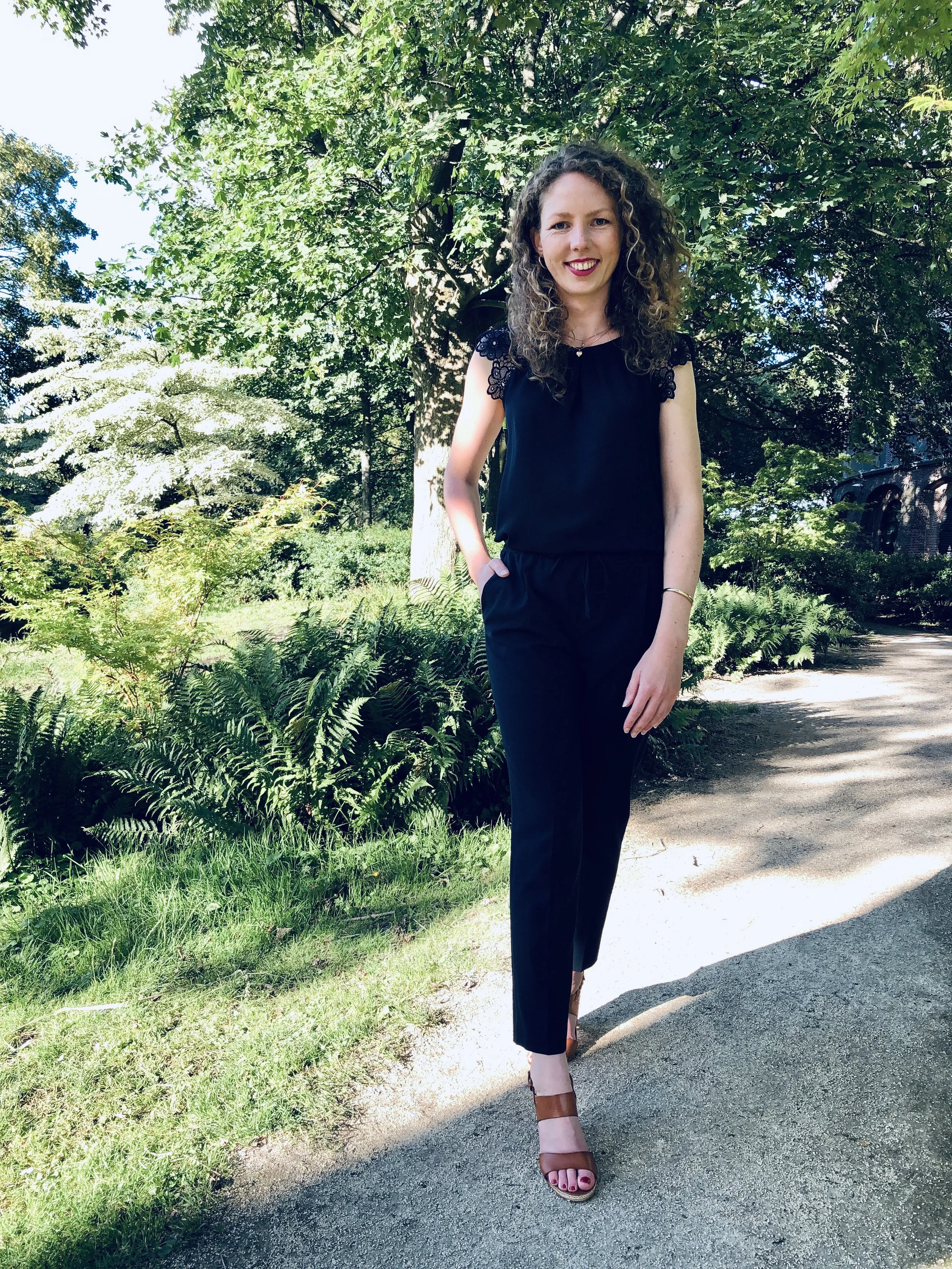About

Active in each step of the food supply chain to enhance trust, credibility and sustainability.
I work with diverse partners throughout the supply chain, from farmers and grassroots NGO’s to government agencies, companies and research institutes to ensure fair practice and offer consultation on how to market sustainable products. Majority of my work focusses on Latin-American and African countries.
Background
My story starts in the Osa Peninsula, one of the most biodiverse areas in the world in southwestern Costa Rica. Here, I lived at a palm oil farm in the middle of an idyllic Nature Reserve. To me it seemed like a paradox, on of the drivers of rapid deforestation amid an oasis of biodiversity. It ignited my curiosity and became the focus of my research project. How does the Nature Reserve coexist with palm oil production and what does this say about the eco-friendly image of Costa Rica?
It turned out that the farmers were extremely aware of the need for sustainable production, and acted as the best conservationists to protect the natural treasures in which they live. Their care and investments for sustainable production, however did not get rewarded as such on the market. The selling price was insufficient to make their efforts profitable, leaving farmers to struggle for their subsistence.
This small case-study in Costa Rica could be a blueprint for what is happening in supply chains around the world. The holistic supply chain from marketing sustainable products to livelihood diversification and resiliency training for farmers became the specialization in my offered services. My personal contact with the farmers stuck in unfair trade relations became my motivation to connect them to sustainable high-quality markets and make sure they would receive a fair income.
Creating Impact Together
Back in the Netherlands I noticed the majority of the consumers were not aware of where their food was coming from. Food supply chains have become so long and complex that nobody knows anymore who is involved and which steps have taking place, even the manufacturing companies have lost control of their supply chains. This has commonly led to misunderstanding and mutual distrust among value chain actors, worsening the problem. While there is a growing need for connectivity and knowing the origin of the food we are eating, to make sure it is being produced in a sustainable way and fair prices are paid to the farmers.
Fundamentally different trade relations are needed to change our current food supply chains. New food chains that are not only directed towards economic values, but also take environmental and social values into account. Change is only made together, and therefore, collaboration between public, private and governmental bodies is needed.
I started my own consulting company so I can work with and in every step of the value chain. Enhancing trust, strengthening connectivity and creating impact together!
MSc Margo Potma
Wageningen University & Research -
International Development Studies
Specialization in Legal Anthropology
Minor in Environmental Aspects of Development
Languages: NL, ENG, SP
Sustainable sourcing is not only a private initiative. Sustainability has been placed on the global agenda through the Sustainable Development Goals and covers not only environmental, but also social and ethical issues.

“We need to make clear that we have a different price for our products, that the production is complex and much more care is required. Because otherwise we live in a region with a lot of biodiversity but with many poor people”
— Cocoa Farmer, Costa Rica

